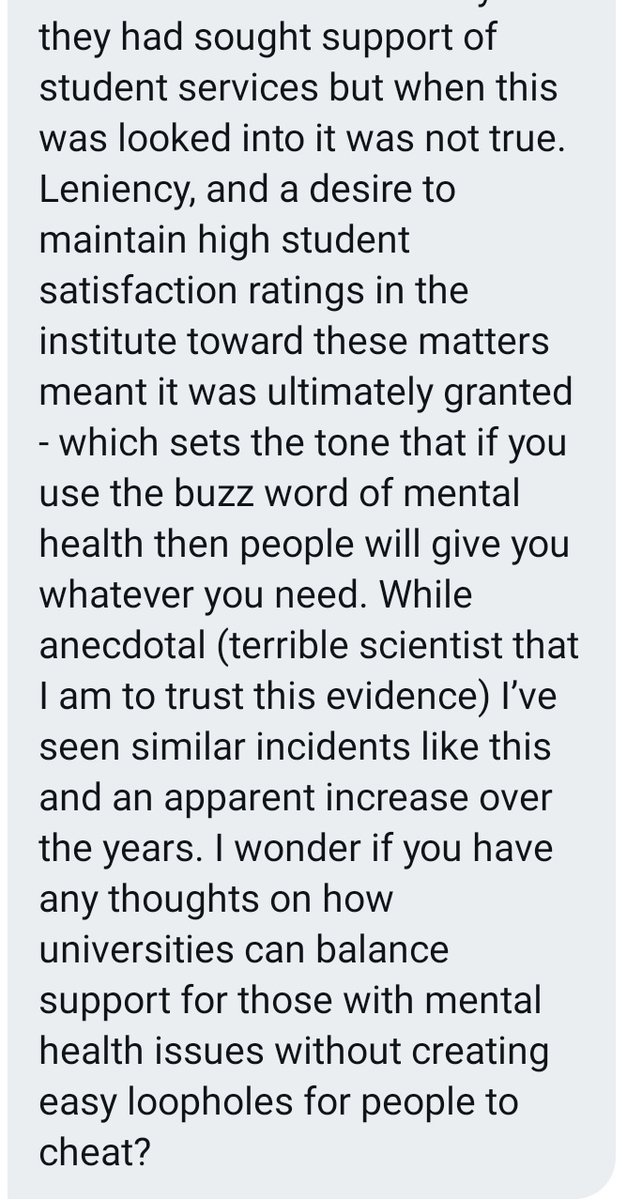
The Ghost 👻 - Never available. You have much less contact time than you need, but you get gaslit due to statements like "a good PhD candidate just gets on with stuff". Really you just aren't getting enough guidance.
The Paper Mill 📃- Sees you as nothing more than a way to bolster their tenure bid, and pushes you to the brink to produce papers, pretending that breaking point is for your benefit. Spoiler, it isn't.
The Combatant 🥊- Actively has taken a dislike to you and doesn't want you to succeed. Perhaps you are a little different to their "ideal" student and they don't know how to manage you, so rather than working WITH you to reach a mutual understanding, *you* are "problem".
The Workaholic 🏋️- Absolutely loves the academy, which means they live and breathe it but then can't understand why you wouldn't be working every single hour of every single day too.
The Laser 🔫 - Needs to be in control and has laser beam eyes on you at all times. They don't understand that they are micromanaging you into the ground and inhibiting your creativity.
The Predator 🦖- There's a power dynamic and they know it - they know they have it all, and control your fate and use this against you. They threaten to not give you a good reference if you do not comply.
These are just some of the reasons that training academics in supervision and mentorship is ESSENTIAL. We must hold individuals accountable as it can impact grad student well-being a huge amount.
• • •
Missing some Tweet in this thread? You can try to
force a refresh







